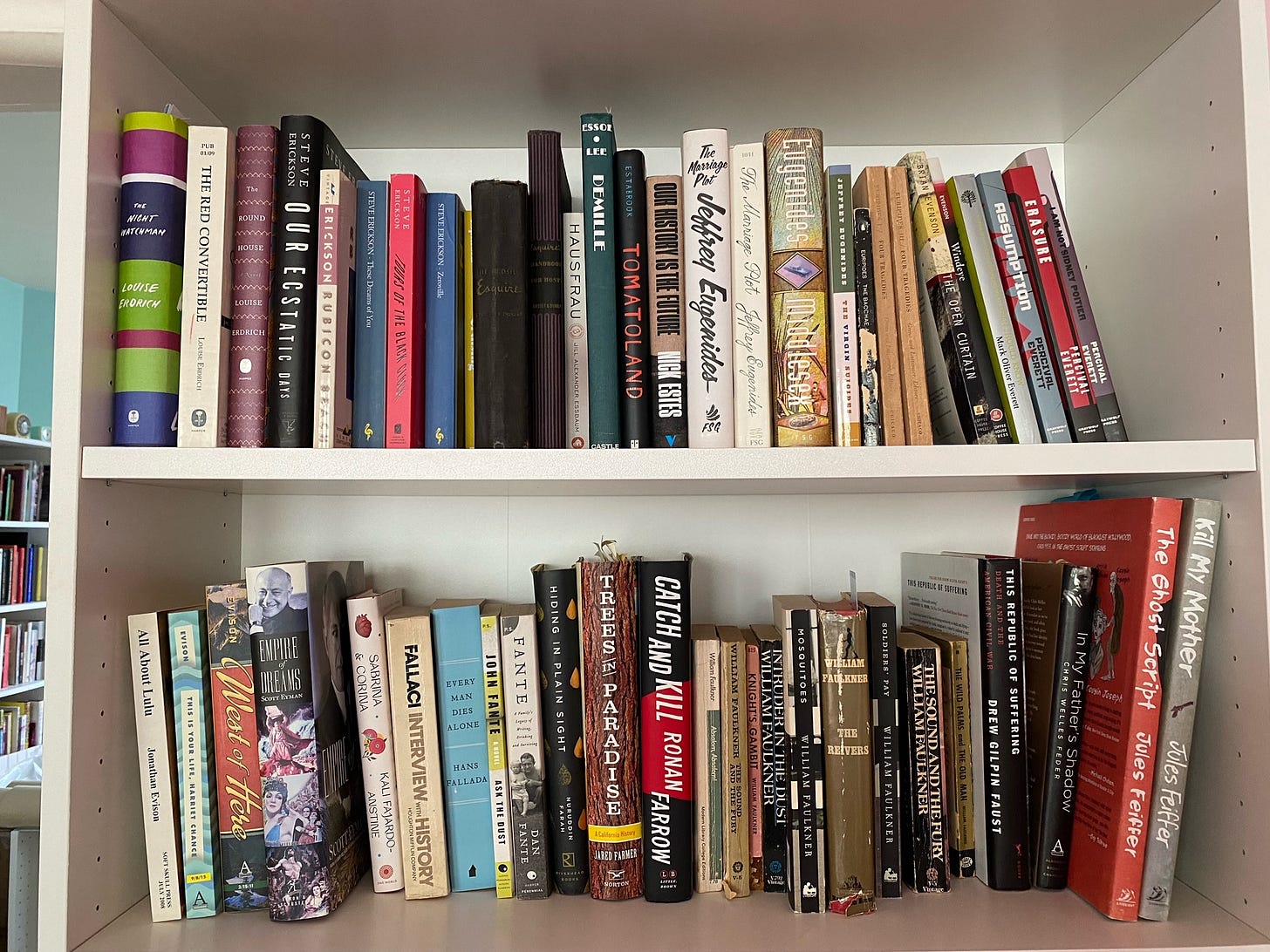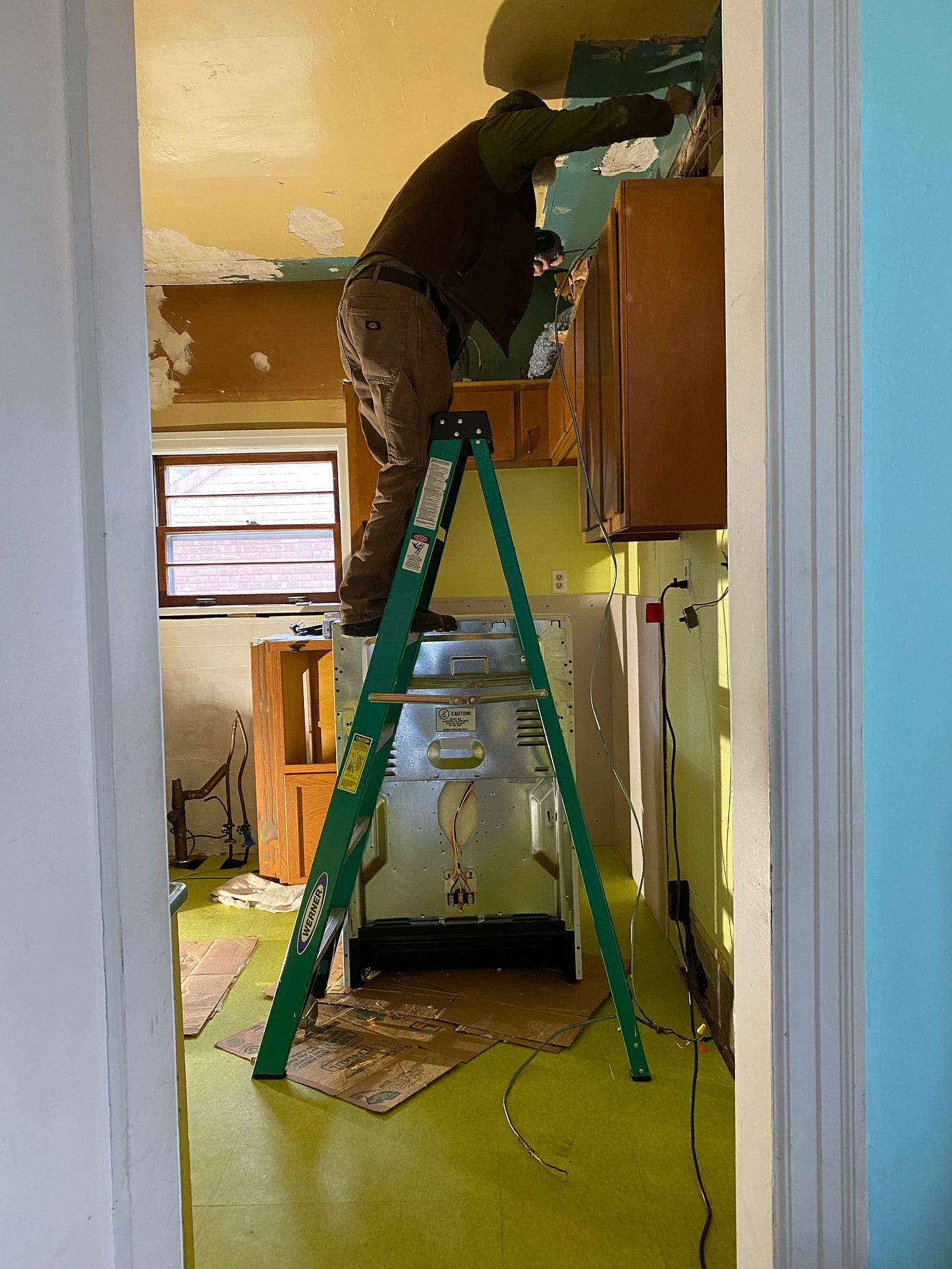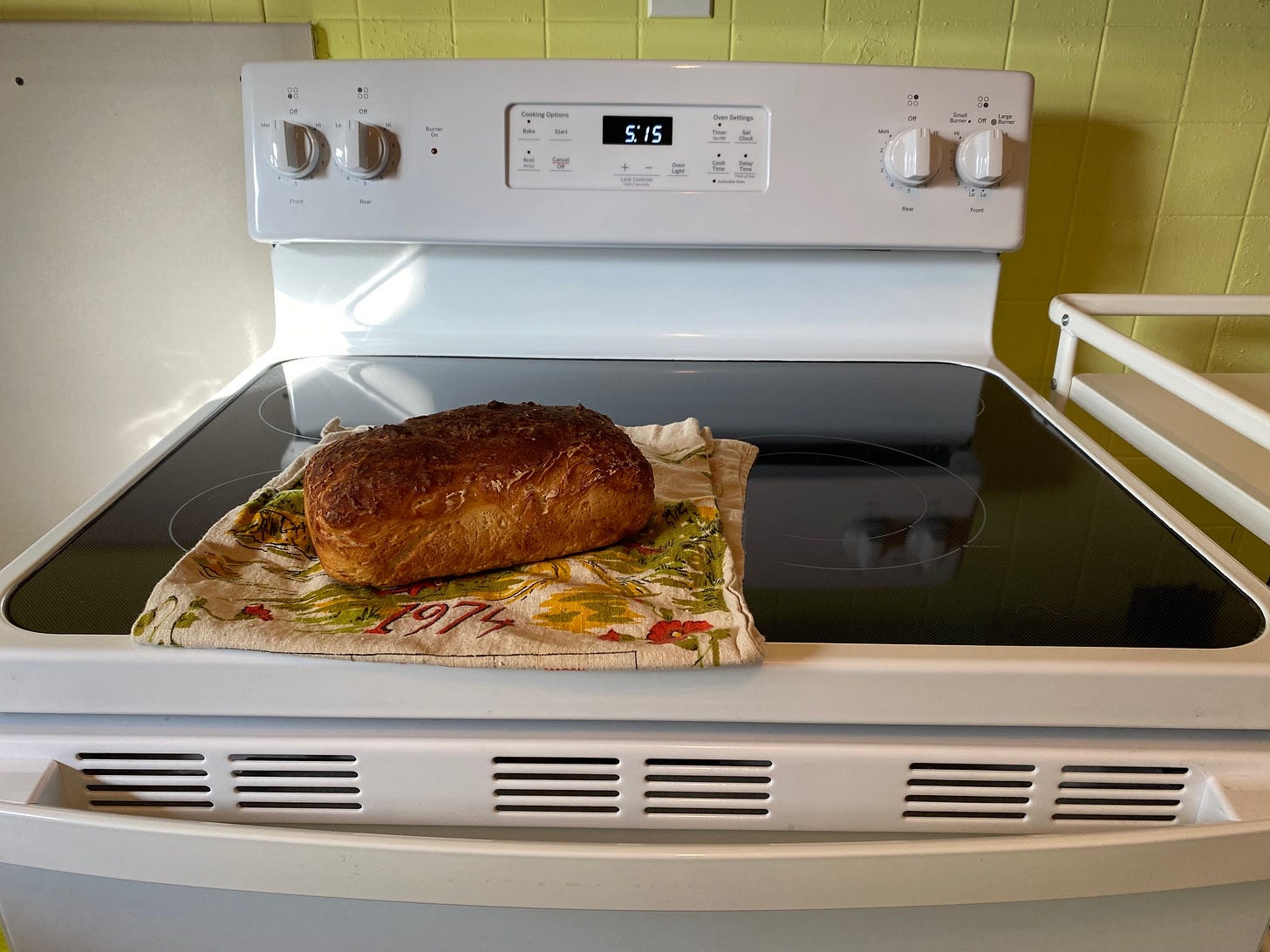How does a book critic read?
My shelves are full of books but not one of them told me how to be a book critic. In fact, when I was asked to write my first paying book review, I didn’t have the foggiest idea what I was doing. I just knew that I loved reading books, had opinions about them — opinions that I shared on my blog at the time, Pinky’s Paperhaus — and that if I held my breath and met my word count, I might not mess up. I might even be asked to do it again.
15 years has passed since then, and I’ve written many many many many book reviews and other stories about books and authors and publishing. I watched the new Tony Hawk documentary Until the Wheels Fall Off and they asked him how many 720s he’s done — a 720 is a spinning trick above the edge of a halfpipe that people didn’t think could be done until Tony Hawk did it in 1985 — and he laughed and couldn’t count, then said more than 10,000. I haven’t written quite that many, but I could relate to the idea of doing something uncountable times. Something that seemed hard at first, and then became part of my repertoire.
Now I’m going to share my hard-earned lessons as a reviewer and book review editor teaching a class with Catapult: Reading As a Critic. In four sessions over eight weeks we’ll read and discuss three works of fiction, followed by the reviews written about them. What will we be reading? Margaret Atwood’s The Handmaid’s Tale, The Secret Lives of Church Ladies by Deesha Philyaw and Ben Lerner’s 10:04. I haven’t read Deesha Philyaw’s short story collection yet, and I’m waiting so I can come at it cold along with the class. We’ll talk about strategies for reading, the craft of reviewing, standards, tropes, common mistakes and more book reviewing insider secrets. The class will take place online and is scheduled for June. Tell your friends.
Kitchen progress!
I can do a lot of DIY things, but I stop short of electrical stuff. Luckily, Brian, husband of the marvelous Sari Botton (and occasional Oldster Magazine mascot), who has a real job in IT, also electrical bona fides.
Before Brian got here I had reached an electrical impasse. Tearing down the drop ceiling had revealed a ceiling in pretty good shape for a 120-year-old house, but in the center was a hole with a pipe sticking out of it, extending beyond the ceiling by an inch or so — the long-disconnected gas line for a ceiling light. I think the folks in the 1950s might have put in the entire drop ceiling to cover up that damn pipe. Brian tried to work around it, but eventually decided it had to go. He got some tools and WD-40 and wrestled with it. I held the ladder. Finally, it came free.
Brian was able to take all the wires that had been hidden behind the drop ceiling but hanging below the real ceiling (and, after I removed the drop ceiling, just hanging overhead) and run them behind the ceiling and wall. And also upgrade them. Which is huge — but it’s not everything.
He also put in an outlet for my new electric stove. I know we all grew up thinking gas was cooler and smarter to cook on, more sophisticated, more nuanced. But people now see gas stoves as environmentally bad — not only are they part of the natural gas infrastructure we need to move away from, they’re also an indoor pollutant — so when I had to buy new appliances, I went for electric. Technically what I bought is a range, I guess, stove + oven in one box, but that just sounds weird to me. Range is western vistas and corny songs, a stove/oven is the thing in my kitchen. Anyway, my electric stove was delivered Jan 1 but it sat there unused for months. Then Brian got the electrical all set and helped me move it into place. I was so excited to roast vegetables, it was ridiculous. And not that I’m any good at it, but I felt compelled to make bread.
There’s so much still to do in the kitchen: patch and finish all the walls, finish installing drywall, fix the hole in the ceiling, put in the kitchen light, paint the ceiling, paint the sink cabinet, assemble the cabinets, attach countertops, install the sink, put up more wallpaper, add trim (and there’s more, like hiring a plumber to attach the sink and faucet and stuff and also while they’re at it, do some big stuff on the bathroom, but that’s another project) but it does feel like I’ve gotten past the worst of it. Like a real kitchen is there, someday.
Writing
I went to AWP and wrote about it for the L.A. Times. I decided to write it as AWP by the numbers; the one number I didn’t tally was people who came down with covid after, which mostly happened after my piece published. I didn’t catch it — it seems like one of the places of contagion was a party that I missed because it overlapped with my panel. Thanks to Adri Ramírez, our excellent moderator, and my fellow panelists Walton Muyumba and Vidyan Ravinthriran, who were both brilliant. As for the panelist who simply never showed: dude, what’s up with that?
Recommendation
People are justifiably talking rapturously about Severance, which I like a lot (but have quibbles with). But if you’ve got AppleTV, you could also be watching The Last Days of Ptolemy Grey. It also has amazing set design — instead of icy modernism it’s warm seventies and eighties disco memories — and stars Samuel L. Jackson and Dominique Fishback, who is always amazing, I think. It’s adapted from Walter Mosley’s novel (by Mosley, at least some episodes). Early on, when Jackson/Ptolemy is particularly dissipated by dementia, are a little tough to watch, but we get to see him come back into himself. I haven’t finished it yet but it’s pretty great.






